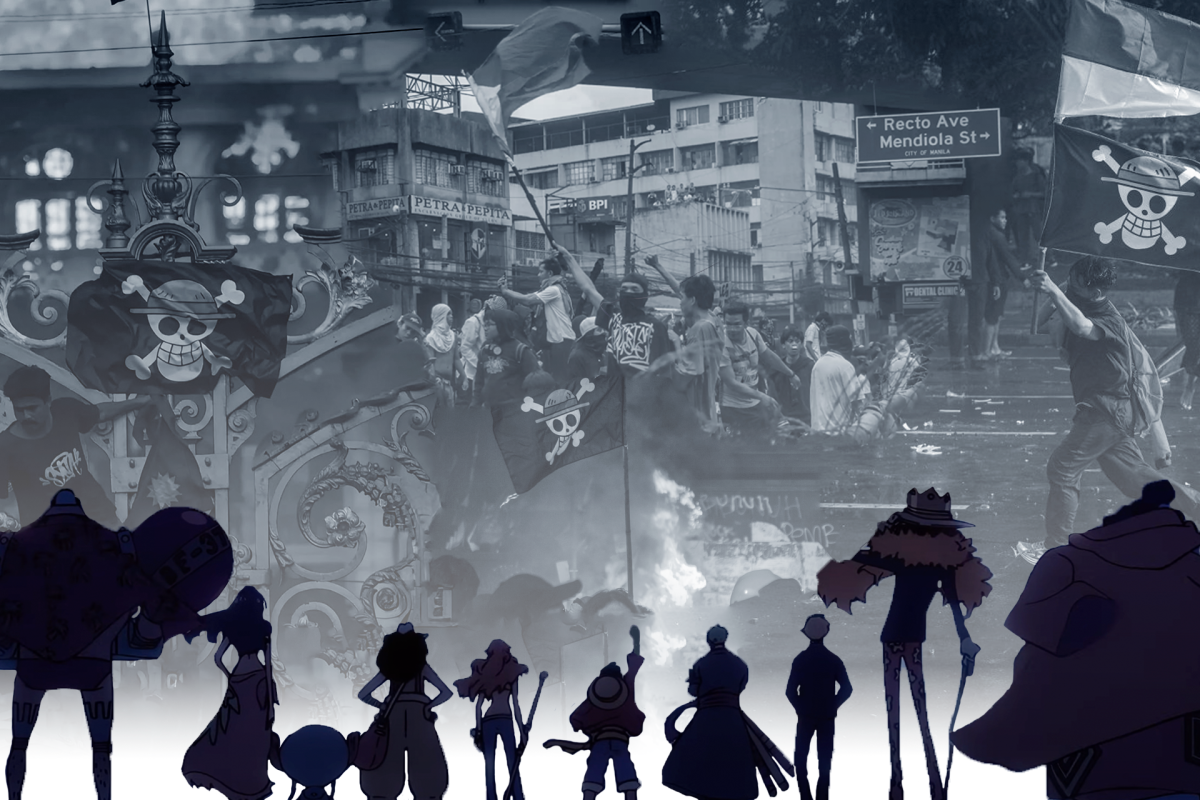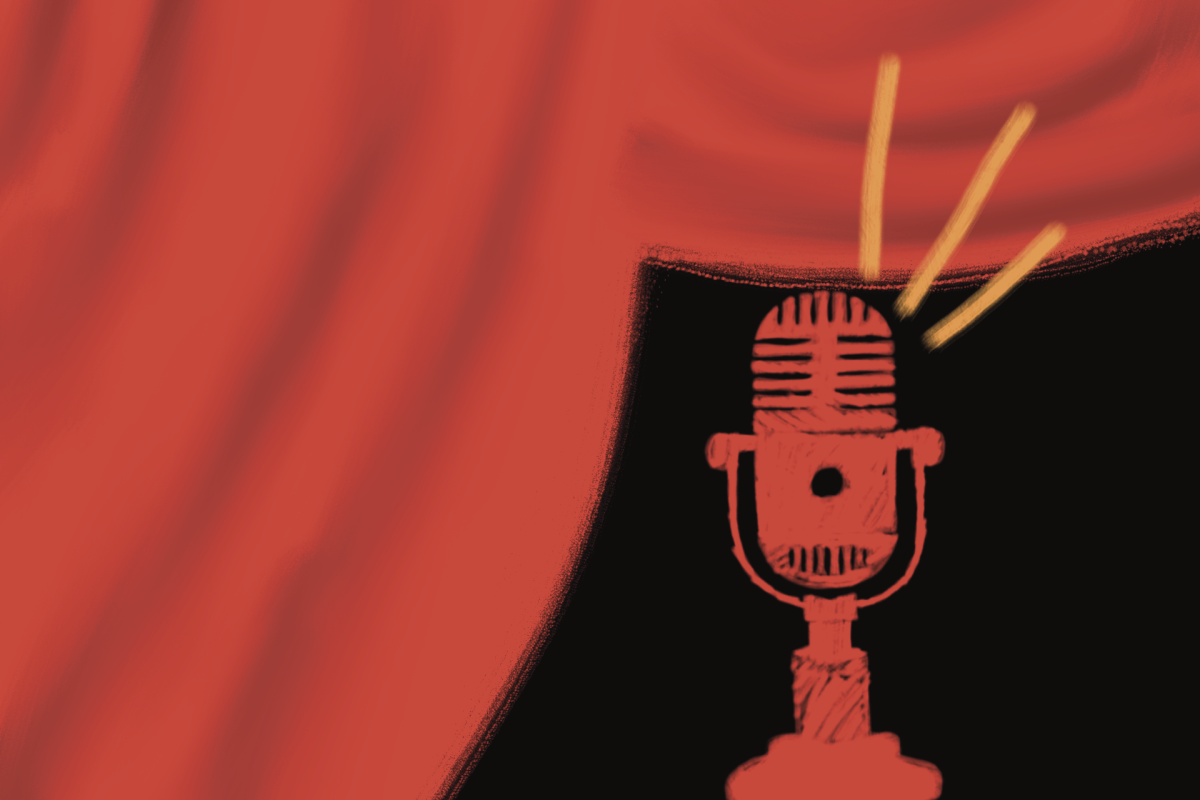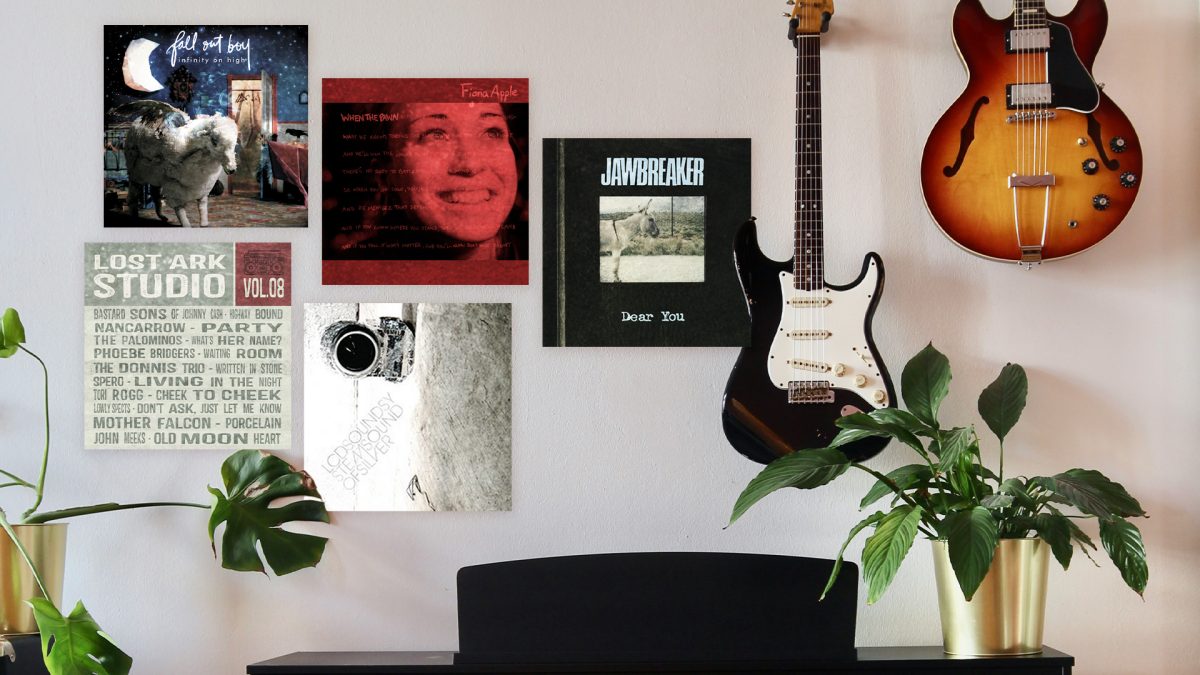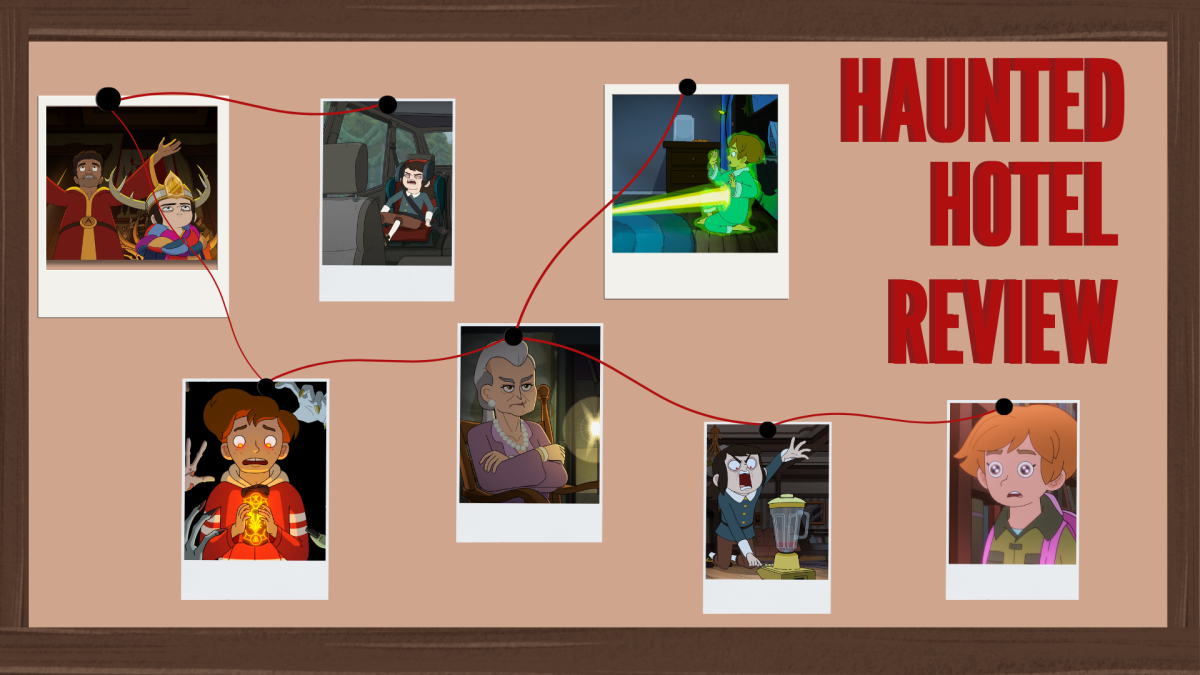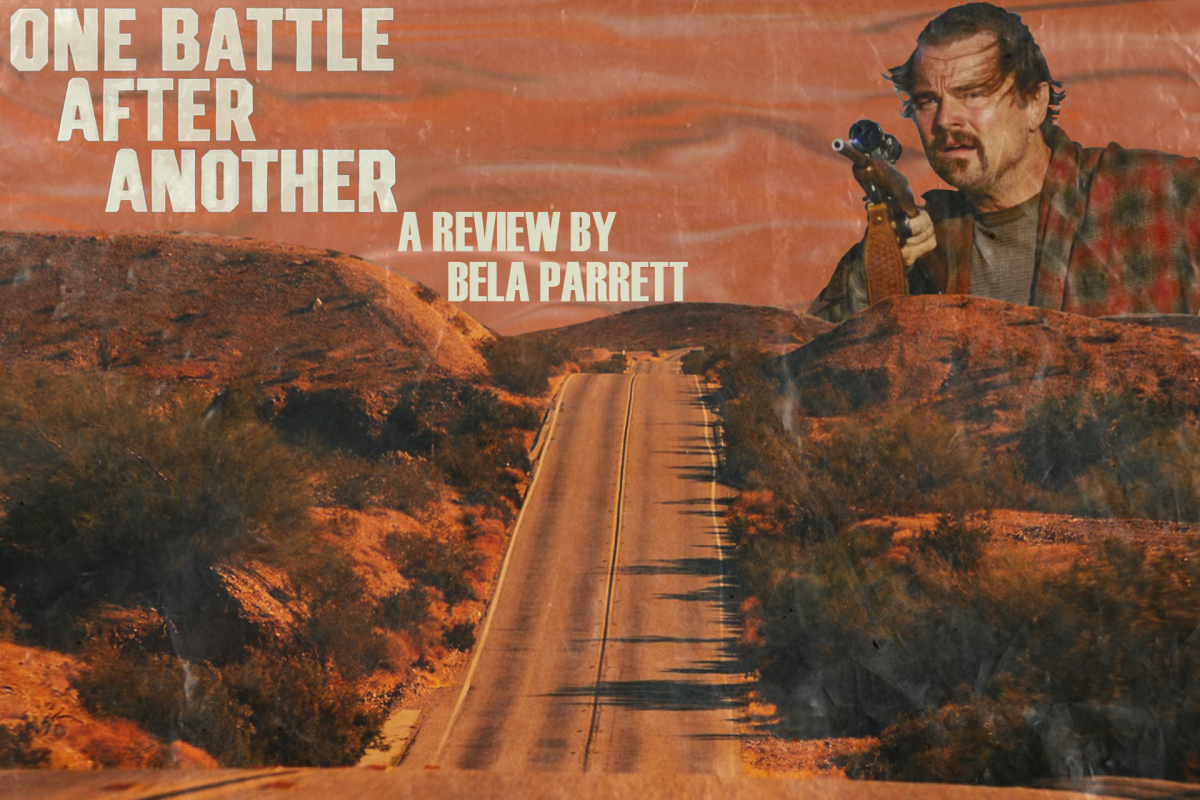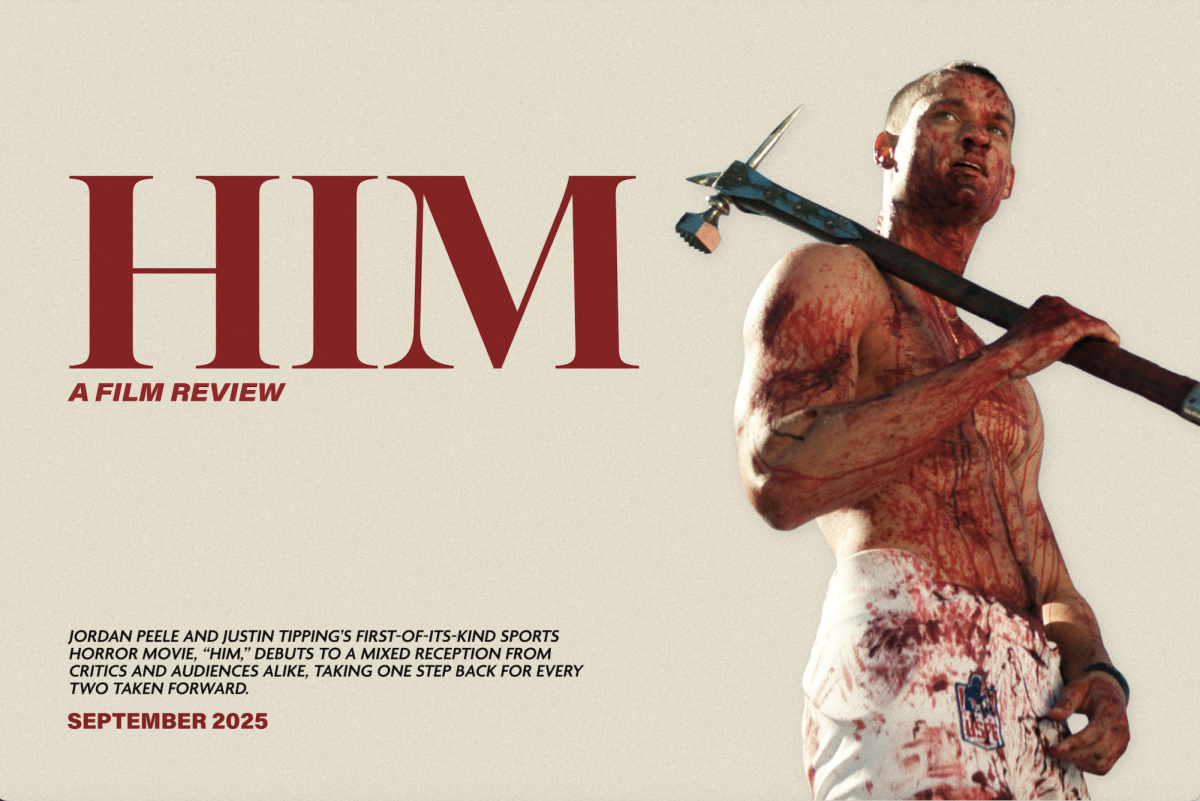The Canadian singer-songwriter’s newest album is an entrancing soundscape that explores love, loneliness and the dangers of delusion.
On Feb. 10, Canadian singer-songwriter Andy Shauf released a poignant narrative in the form of “Norm” — the artist’s latest studio album. Equal parts immersive and intriguing, “Norm” is a fresh contribution to Shauf’s extensive discography.
Shauf’s music career spans over a decade, and his body of work is a time capsule of stories about love, heartbreak and self-reflection. Much like his previous albums, “Norm” continues to experiment with candid storytelling through song.
“Norm” is unmistakably Shauf’s artistic brainchild. The album contains his signature conversation-style lyricism that invites listeners to lose themselves in the music. However, “Norm” is more than what initially meets the ear. Behind the smokescreen of sublime melodies is something more sinister: Each of the 12 tracks contributes to a subtle but frightening exploration of deluded romantic obsession.
Unlike the pronounced musical variety in other Shauf albums like “The Neon Skyline,” the artist’s new project is heavily acoustic. Although disco-inspired instrumentals and gritty electric guitar riffs occasionally appear, “Norm” prioritizes a more consistent sound across songs to emphasize the eerie lyricism that propels the album’s narrative.
With the expertise of a seasoned storyteller, Shauf creates a main character from the lonely man he sings about in the album, aptly named “Norm.” Norm, though he would probably consider himself a hopeless romantic, is actually just plain hopeless.
Norm becomes fixated on an unnamed character who is only ever referred to as “you.” He watches “you” through a window (“You Didn’t See”), follows them into a movie theater (“Paradise Cinema”) and eventually professes his love to “you” when the two characters are alone in his car (“Sunset”). While it isn’t readily obvious in the first couple of tracks, Norm’s voyeurism becomes increasingly apparent and dangerous as the album progresses.
Shauf bends the conventions of the traditional acoustic love song until they break with Norm’s unsettling inner monologue nestled between the album’s delicate instrumentals. In “Sunset,” graceful piano chords and a relaxed drumbeat put listeners at ease, but as Norm narrates, “We’re leaving the city / Where did your phone go?,” the dreamy song actually spotlights a turning point in the album’s narrative.
Norm’s utter delusion and propensity for stalking “you” doesn’t go without condemnation, however. Religious motifs are frequently infused into the album, localized at the most important points of the narrative. Both the first and final track feature a “God” character who wonders to himself, “Was all my love wasted on you?” God also speaks directly to Norm exactly halfway through the album, urging him to “Stop these wicked ways.”
With the help of God’s character, Shauf does his due diligence to indict Norm’s behavior instead of romanticizing it. All the while, Shauf’s album maintains that consistent acoustic style as he fleshes out Norm’s troublesome life, emphasizing the story over musical variety.
Despite God’s fruitless efforts to get Norm’s life back on track, “you” is still ultimately manipulated by the album’s toxic characters. Norm quietly lurks in the periphery throughout the album, and immediately after “Sunset,” Shauf introduces a second antagonist to listeners. Also unnamed, this character debuts in “Daylight Dreaming” to wreak havoc of their own.
Between Norm and the unnamed antagonist, “you” is cornered on all sides by unwanted advances. Listening to the album from start to finish is a chilling experience, and while “Norm” is not the epitome of a multigenre album, Shauf’s newest endeavor is still a creative triumph. Complete with a cohesive aural narrative that grips the listener, the LP is a decisive step forward for Shauf as a master storyteller.
Edited by Egan Ward | [email protected]
Copy edited by Kyla Pehr and Grace Knight





